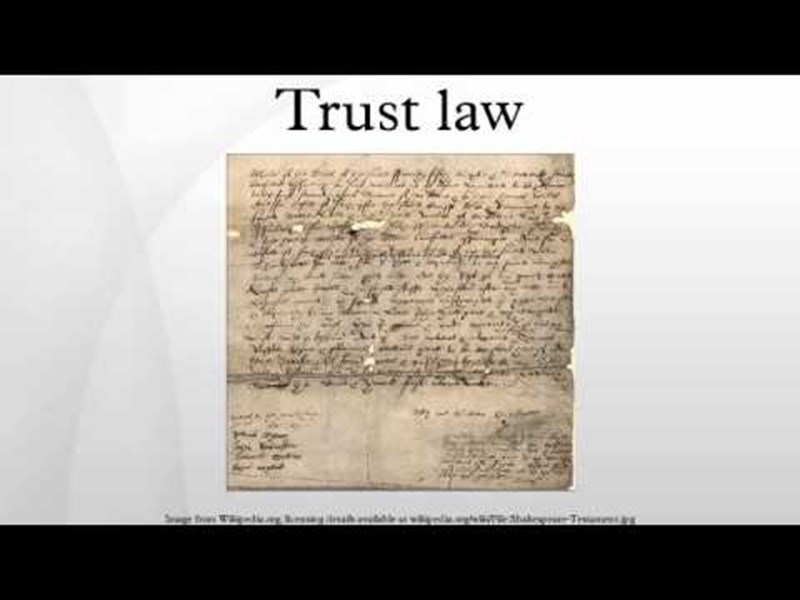Time for a change?
Changing the Trustees of your Trust
There is currently a Bill before Parliament that will amend many aspects of Trust Law contained in the Trustee Act of 1956. The amendments are likely to come into force in 2019. In anticipation of the overhaul of Trust Law it is a good time to consider whether the current trustees of your Trust are still the best people for the role.
There are various circumstances which may cause you to consider changing a trustee:
Change in Circumstances – A change in a trustee’s personal circumstances can have a direct impact on Trust management. For example, depending on how active your Trust is, a trustee moving overseas creates a geographical barrier that can transform into an administrative circus. With the increasing compliance obligations there are more and more documents for trustees to sign in accordance with specific witnessing requirements, so needing documents to be signed overseas is an added administration expense. In addition, having a trustee based outside of New Zealand can have significant tax implications.
Ageing Trustees – A trustee displaying early signs of dementia or another long-term medical illness should not be taken lightly. Trust Deeds typically direct that all decisions must be unanimous. If a trustee is deemed to have lost mental capacity then unanimous decisions are no longer possible. A mentally incapacitated trustee cannot sign any documentation, including Agreements for Sale and Purchase of Real Estate and even a Deed of Retirement of Trustee to enable them to be removed from Trust property. It is advisable to retire a trustee that falls into this category before they lose their mental capacity. Otherwise, an application to the Court is the only way in which you can remove the trustee and enable the Trust to continue to operate. This is a costly process that can take a number of months. It is important to note that while Enduring Powers of Attorney are very useful documents for dealing with a person’s affairs, they cannot be used for removing a trustee from a Trust.
Adult Beneficiaries – The beneficiaries of your Trust may be your children who are now adults. Perhaps it is suitable for a particular child or children to play a role in the administration of the Trust. It is common for settlors (holding the power of appointment of trustees) to appoint their adult children as replacement trustees in their Will if the Trust is to operate beyond their passing. However, involving your adult children in the Trust during your lifetime could be a beneficial learning experience and lighten the load on other trustees, rather than waiting until your death to thrust the new-found duty upon them.
Professional Trustees – A professional trustee’s retirement from accounting or law may be on the cards or you have moved your Trust’s affairs to a new firm. Appointing a new professional trustee or a trustee company could be a prudent change and is often easier to do while your existing independent trustee is still around and able to sign documents.
A change in trusteeship is usually formalised by a Deed of Retirement and Appointment of Trustees to be signed by the retiring, continuing and new trustees. Once the deed is signed, it can then be used as the base document to implement the change of ownership of the Trust’s assets. This could include real estate, shares and other investments. Bank accounts and insurance policies also have to be updated.
Changing the trustees of your Trust is not a two minute task, however, it is a process that enables the smooth operation of your Trust which ultimately benefits all involved. Holland Beckett Law can guide you through the process. Please do not hesitate to contact us if you have any queries.



